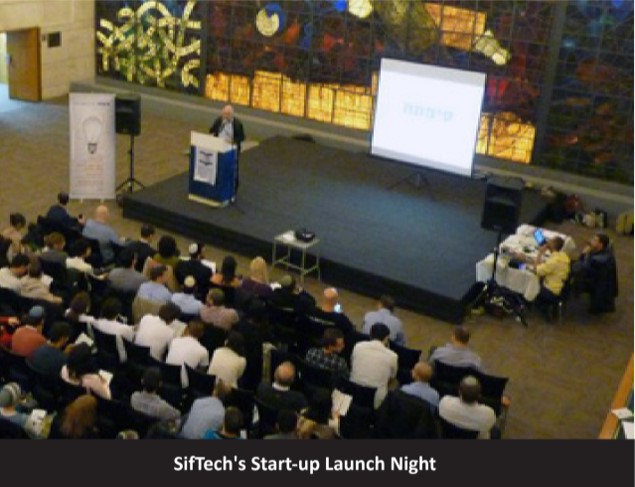
Impact investment; corporate social responsibility; social enterprises; venture philanthropy; for profit organizations. These terms, among many others, reflect the trend that we have all been witnessing in the past few years: the attempt to harness the power of the free market and the dynamics of capitalism to advance social welfare. The boundaries between the public, private and social sectors are blurring, and a fourth sector is emerging: a sector of entrepreneurs who challenge the common models of both businesses and non-profit organizations, by creating ventures that are making a social impact while at the same time generating revenues. These models are quickly spreading around the world, and I personally believe that in the coming years the field of development will become increasingly characterized by different social businesses.
As a student in Glocal’s third cohort, and as the Co-Founder and Deputy Director of SifTech, the Jerusalem Entrepreneurship Center of the Hebrew University and its Student Body, I have had several experiences that led me to see a very clear connection between entrepreneurship and development.
First of all, in the course of our studies in Glocal and during my travels around Southern Africa, India and Nepal, I was exposed to some of humanity’s most pressing challenges such as poverty, hunger, disease and inequality, as well as to the many varied approaches of NGOs attempting to address these challenges. Second, through my position in SifTech, I meet many entrepreneurs on a regular basis, both in Israel and abroad, who are leading amazingly innovative start-ups, some of which are truly making our world a better place. Third, throughout my search for an internship placement as part of the Glocal curriculum, I came across a few incredibly inspiring organizations that combine the two fields I am most involved in: entrepreneurship and development. While there are many unique social ventures operating in today's globalized world, I would recommend familiarizing yourself with a few –beginning with the Angels Initiatives, the Unreasonable Institute and Medic Mobile.
Without the equal participation of local entrepreneurs, who are familiar with the challenges their own people are dealing with and who know the local culture and customs, any attempt is likely to fail. I believe that both sides of the coin are needed in order to create a social enterprise that truly manages to address crucial problems in the developing world (such as women and youth positive change in the world. Many different actors, such as governments, INGOs, NGOs and companies, play significant roles in the field of development. The newly emerging realm of social businesses, which manages to leverage profit to solve critical social challenges, truly has the potential to become a key player in the development world, and I sincerely hope to take part in innovative ventures of this kind both on my internship and as a future development professional.
Inbar Ziv


